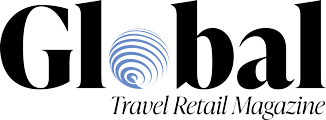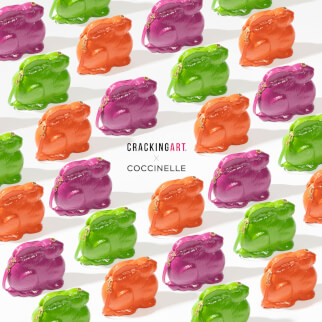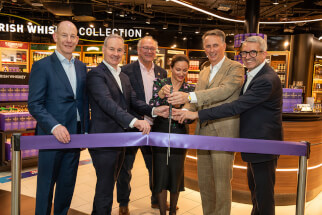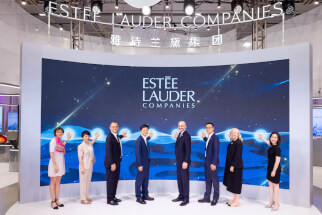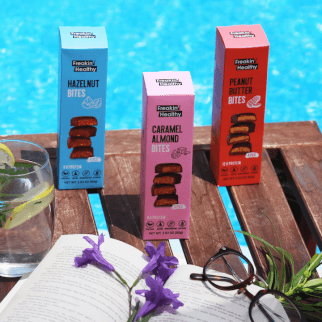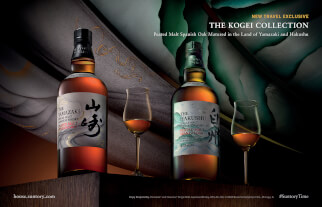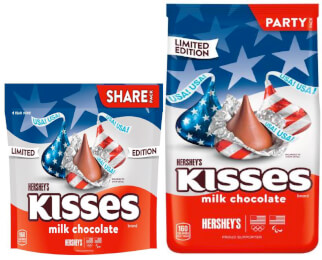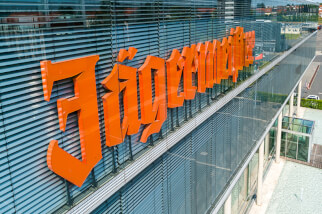Saudi Arabia could be next big market for no-alcohol category
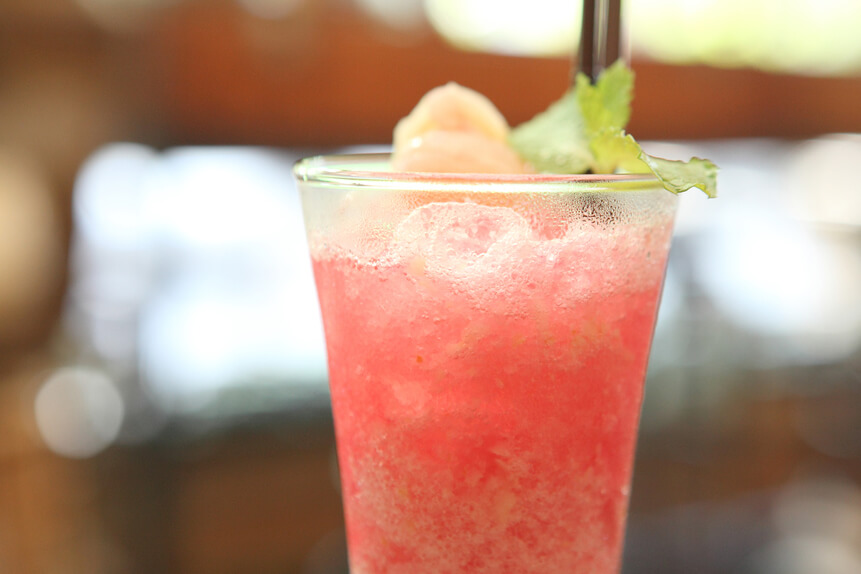
Saudi Arabia is already a top 10 market for no-alcohol beer
Saudi Arabia, where there is a ban on the sale and consumption of alcohol, might be the next big opportunity for the no-alcohol category. According to IWSR, the most widely used source for beverage alcohol trends in the world, "Saudi Arabia is currently looking to transform global perceptions of the country, and move beyond its historical reliance on oil revenues, through its Vision 2030 economic development and diversification plan.”
As Saudi Arabia becomes more international in its outlook, this could create opportunities for no-alcohol products, with the important caveat that products containing even trace alcohol are currently banned in the country. Saudi Arabia is already a top 10 market for no-alcohol beer, which is supplemented in the country by the large-scale consumption of malt beverages – malt-based soft drinks, as opposed to de-alcoholized beer.
There is also a small but growing market for zero-alcohol wines and spirits, as well as a well-established demand for sparkling grape juice, often sold in Champagne-like packaging and with a similar consumption ritual.
“Non-alcoholic wine has gained some traction in the Saudi Arabian market, in part due to an increasingly well-traveled consumer base,” said Russell Menezes, Research Director Middle East for IWSR, in a news release.
Travel to other countries has exposed Saudis to alcohol, especially in the on-premise. Many lower-income Saudis have also started to travel to surrounding countries in the MENA region, most of which (only Kuwait excluded) allow alcohol to varying degrees.
Thorsten Hartmann, Director of Custom Analytics at IWSR, sees opportunities in Saudi Arabia’s increasingly sophisticated, young and well-traveled consumer base and its evolving on-premise, as well as the country’s population growth and general affluence.
But he cautions that the competitive landscape for zero alcohol in Saudi Arabia contrasts strongly with western norms: “Any non-alcoholic product will be competing for share of throat with more mainstream offerings, such as carbonated soft drinks, energy drinks, juice products and hot beverages,” says Hartmann.
As such, brands will be looking to recruit consumers primarily from soft drinks categories, and the typically western appeal of no-alcohol versions of established full-strength products will not translate easily to the market – simply because they are not sold there. While this may appear to offer greater opportunities for "pure-play" no-alcohol brands that have no alcoholic equivalent, the importance of this factor could be overstated.
“The main challenge is to have the no-alcohol discussion without taking that discussion too far into the territory of alcohol,” Menezes says. “But there are plenty of beer examples – such as Budweiser – where the juxtaposition with the counterpart alcoholic variant has worked well.”
A bigger challenge is that of distribution. Although supermarket chains are gaining in strength in Saudi Arabia, grocery retailing remains highly fragmented, with thousands of small neighbourhood shops that are hard to reach. Meanwhile, there are few high-end on-premise distributors, and the channel is still largely served by wholesalers.
Route-to-market is, therefore, the main challenge for zero-alcohol in Saudi Arabia, especially if the products in question involve concepts requiring activation and merchandising to introduce them to consumers. Distributor arrangements are notoriously difficult to unravel, so a lot of homework is required from brand owners in terms of choosing the right representation on the ground.
Nevertheless, with increasing investment in the country’s brand and economic vision, no-alcohol products could resonate with the market.
